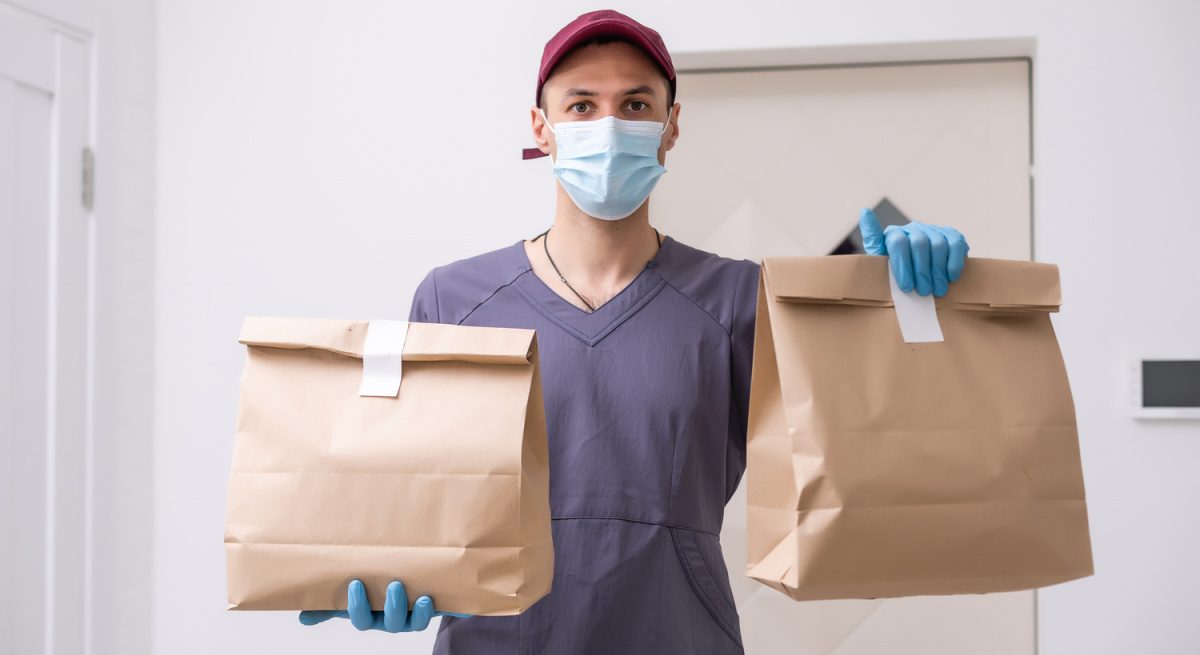How Restaurants Can Avoid Friendly Fraud
2 Min Read By Bibek Das
For the hospitality industry, the last 18 months have been very challenging. Walk down any street, uptown or downtown, and there are still numerous ‘closed’ signs on the front of restaurants and other service businesses. Many small business owners added online storefronts and delivery services to help sustain their business admidst vanishing in-store customers, but they now face a new economic threat – friendly fraud.
A study commissed by Visa found consumers are spending more on restaurant delivery and online ordering for curbside pickup/delivery of groceries than any other category since the start of the pandemic. However, reports of friendly fraud – when a customer submits a dispute with their issuing bank for a legitimate purchase to obtain a refund after goods or services have been received – has been rising. This can disproportionately impact small businesses.
For restaurant owners, it’s delivery dine and dash.
How Restaurants Can Protect Themselves from Friendly Fraud
In many ways, restaurants offering online ordering and delivery services face the same challenges as other online businesses. As such, the same preventive measures can apply, which include:
- Setting fraud filters and using payment security tools at checkout to verify/authenticate the cardholder is the legitimate owner of the payment card.
- Taking pictures of all items in a delivery order.
- Including a double-checked itemized list with the order or sent digitally to customers upon delivery.
- Requiring customers to pick up high-value orders in person with the transacting payment card and/or ID as proof of purchase.
Capturing as much information as possible can serve as evidence when fighting unwarranted disputes.
Some restuarants have shifted to a card-on-file approach as part of their digital transformation. Typically, this involves linking an individual’s payment credentials to an online ordering/delivery service provider’s mobile app so orders and payments can be made quickly. In these cases, businesses can prevent friendly fraud by taking additional steps such as:
- Matching the cardholder’s billing address and the delivery address.
- Matching the email address of the cardholder and the mobile purchaser.
- Verifying the match of known purchasing devices.
- Matching the final four digits of the payment card on file, as well as the CVV security code.
Technology is now available to track delivery and drop-off of an order, which can provide customers with a better overall experience. This same detail can be used by business owners to challenge claims of friendly fraud..
Moving Forward with Optimism
Managing partnerships with delivery service providers, fulfilling orders, keeping customers happy, and mitigating friendly fraud can be difficult for small business restaurant owners.
Some should consider outsourcing this responsibility to a dispute representment service with an expert staff to help recover unwarranted losses. Managing disputes in-house is also an option but it’s important to capture and keep detailed records.
Many industry experts predict pandemic behavior among consumers will likely remain, like the use of mobile wallets, contactless payment cards and online shopping. This is significant as consumer preferences often drive a shift in business practices.
The convenience of online ordering and food delivery is clear and so is the opportunity for friendly fraud. Fortunately, this fraud can be identified and prevented so businesses can continue their journey of recovering from the pandemic and adapting to new customer preferences.


